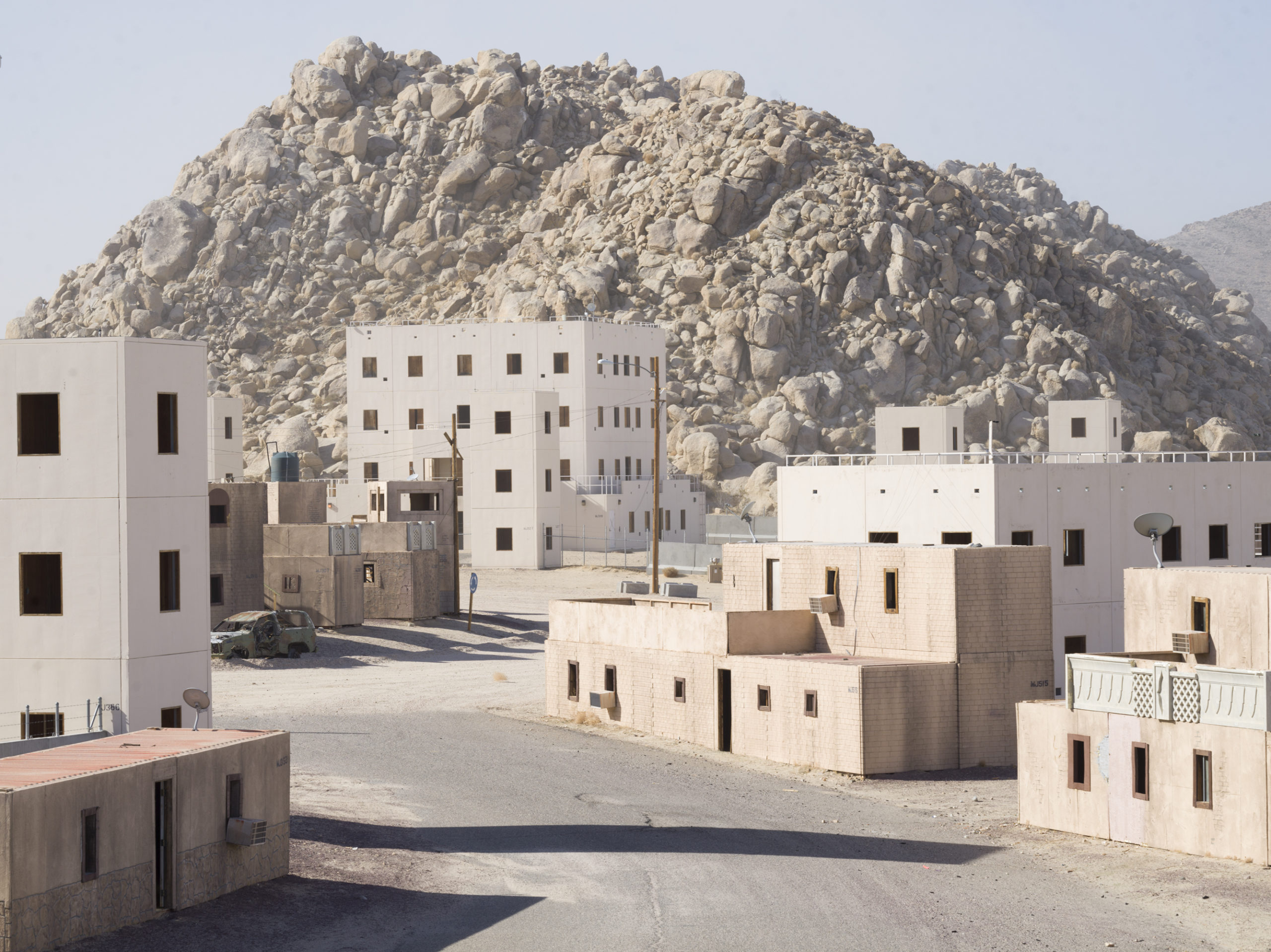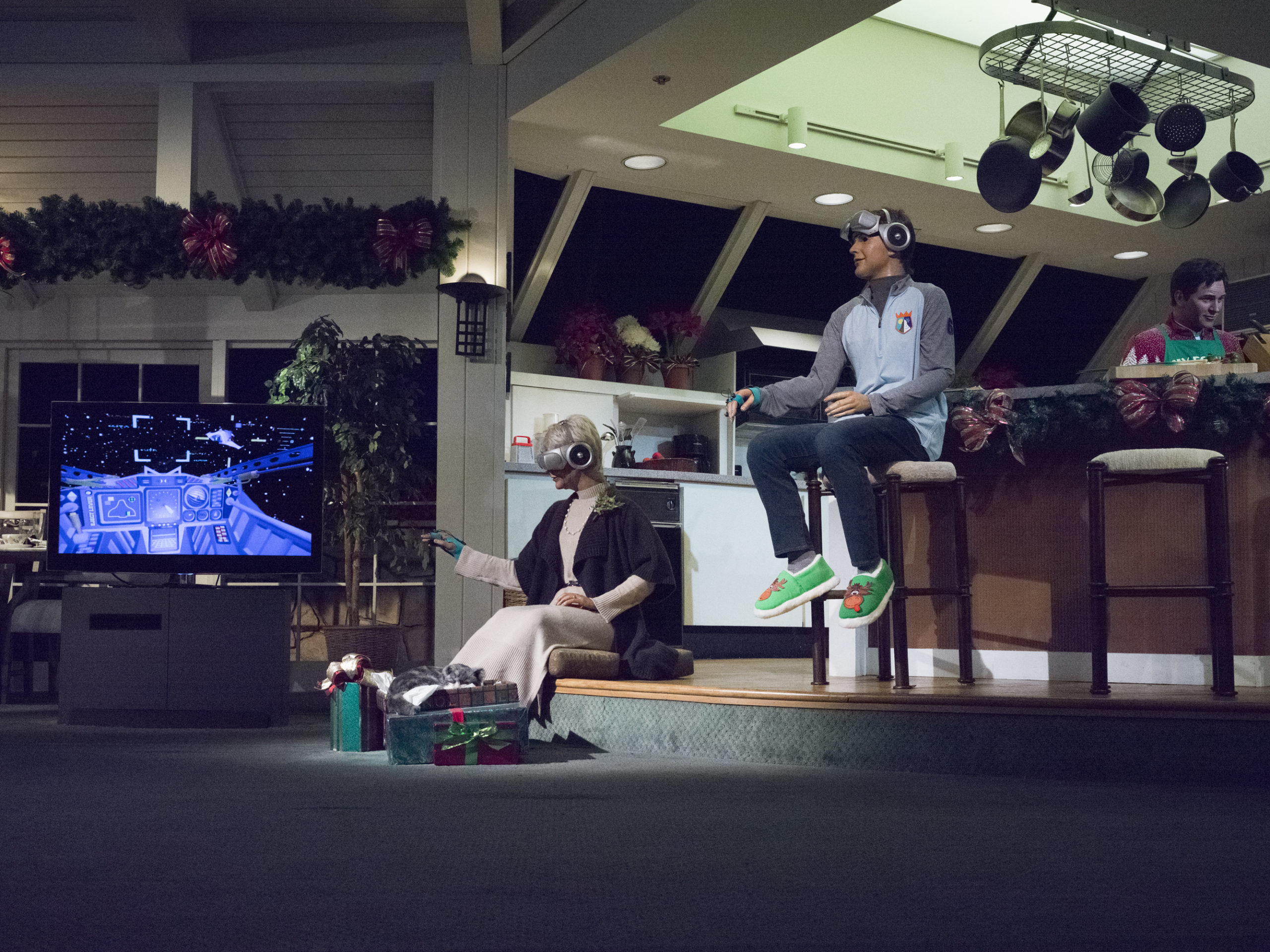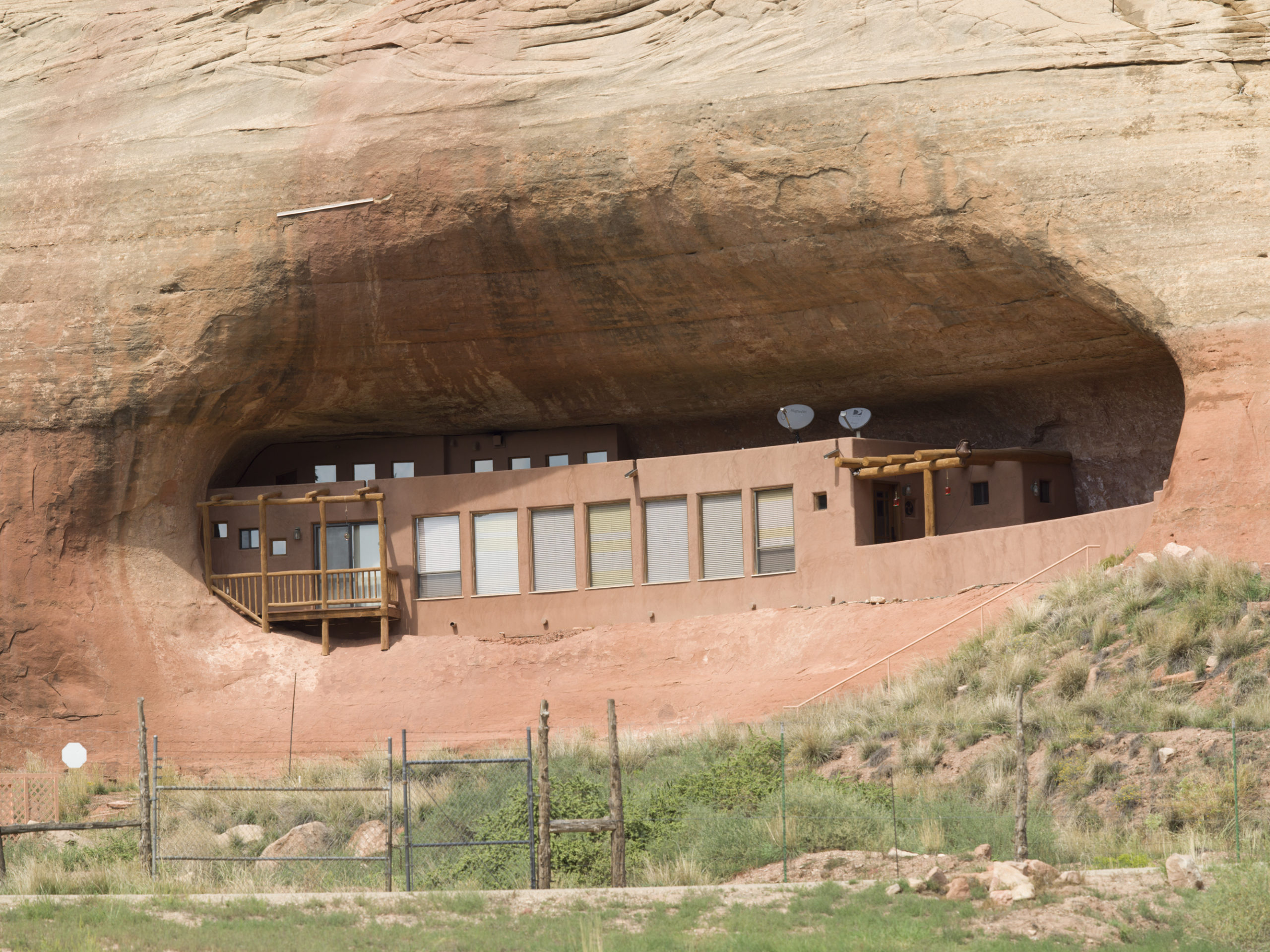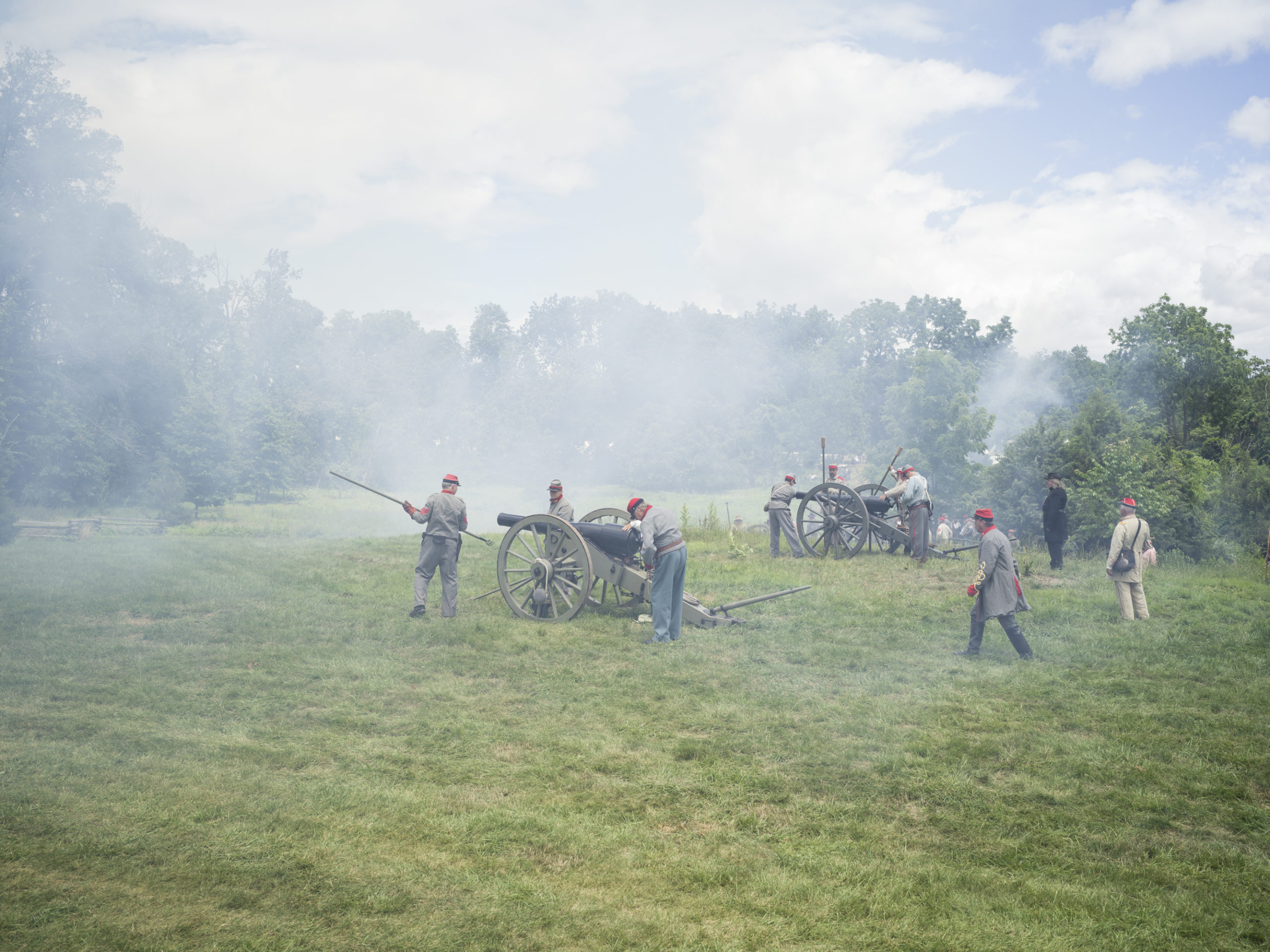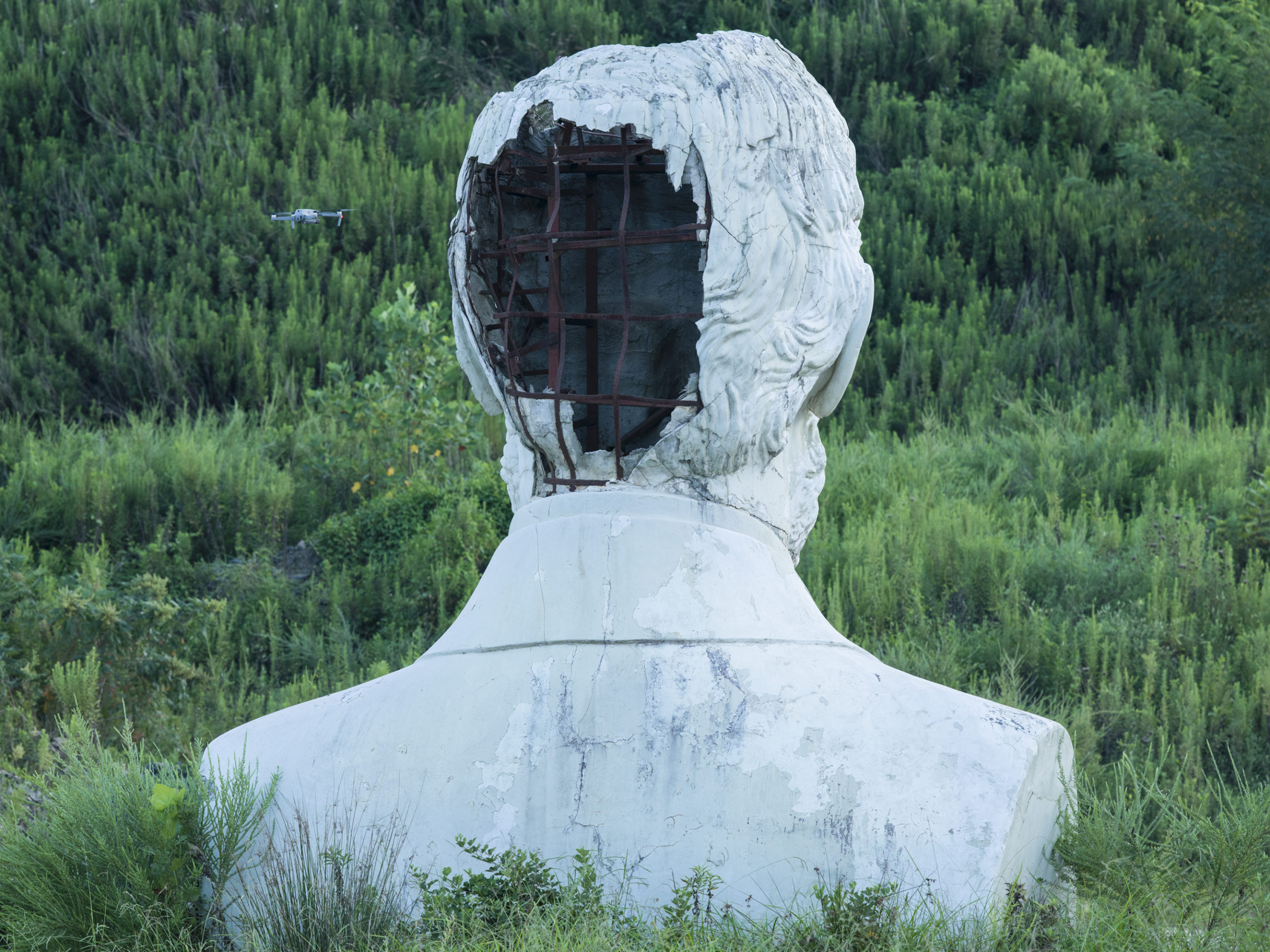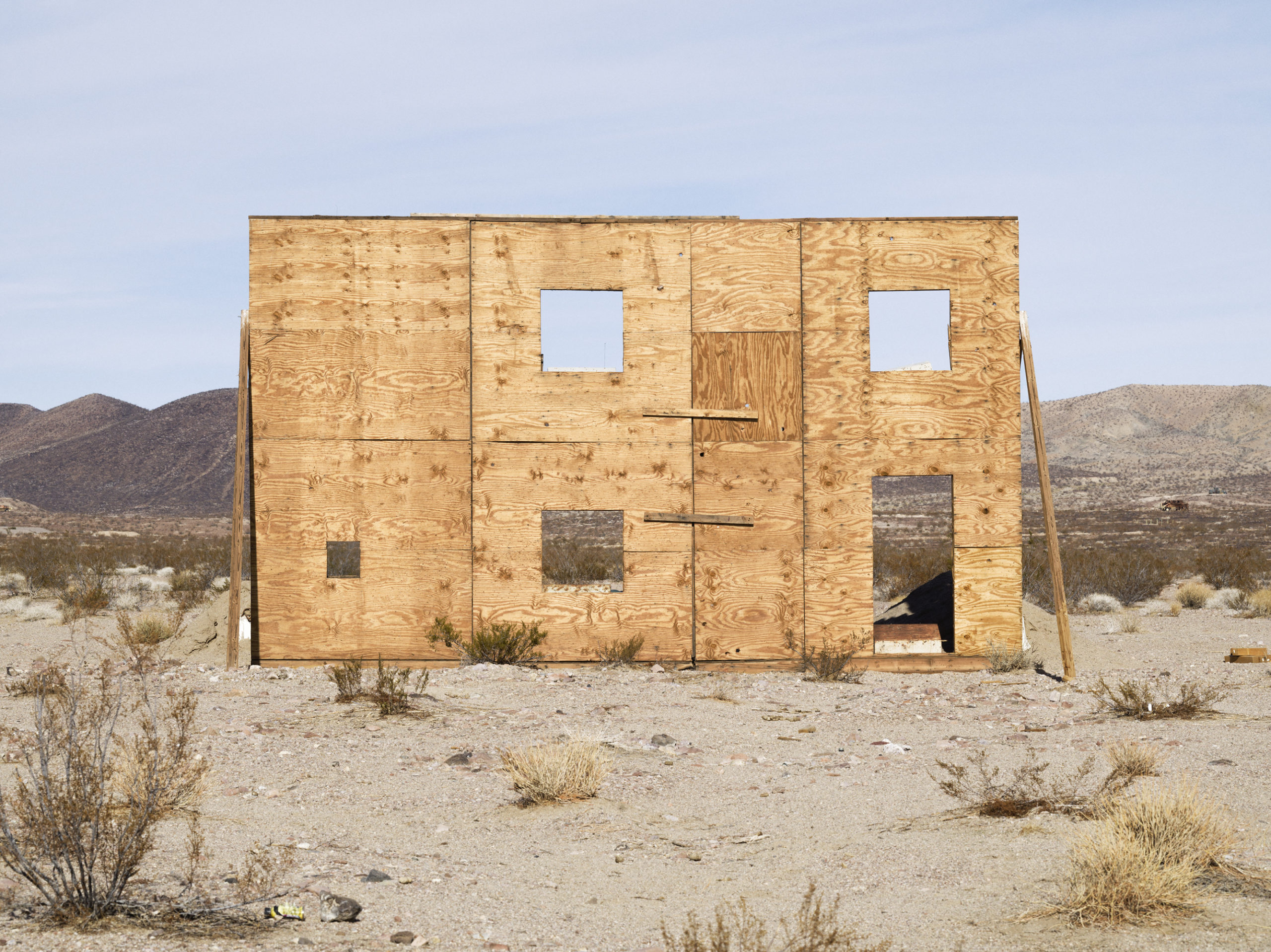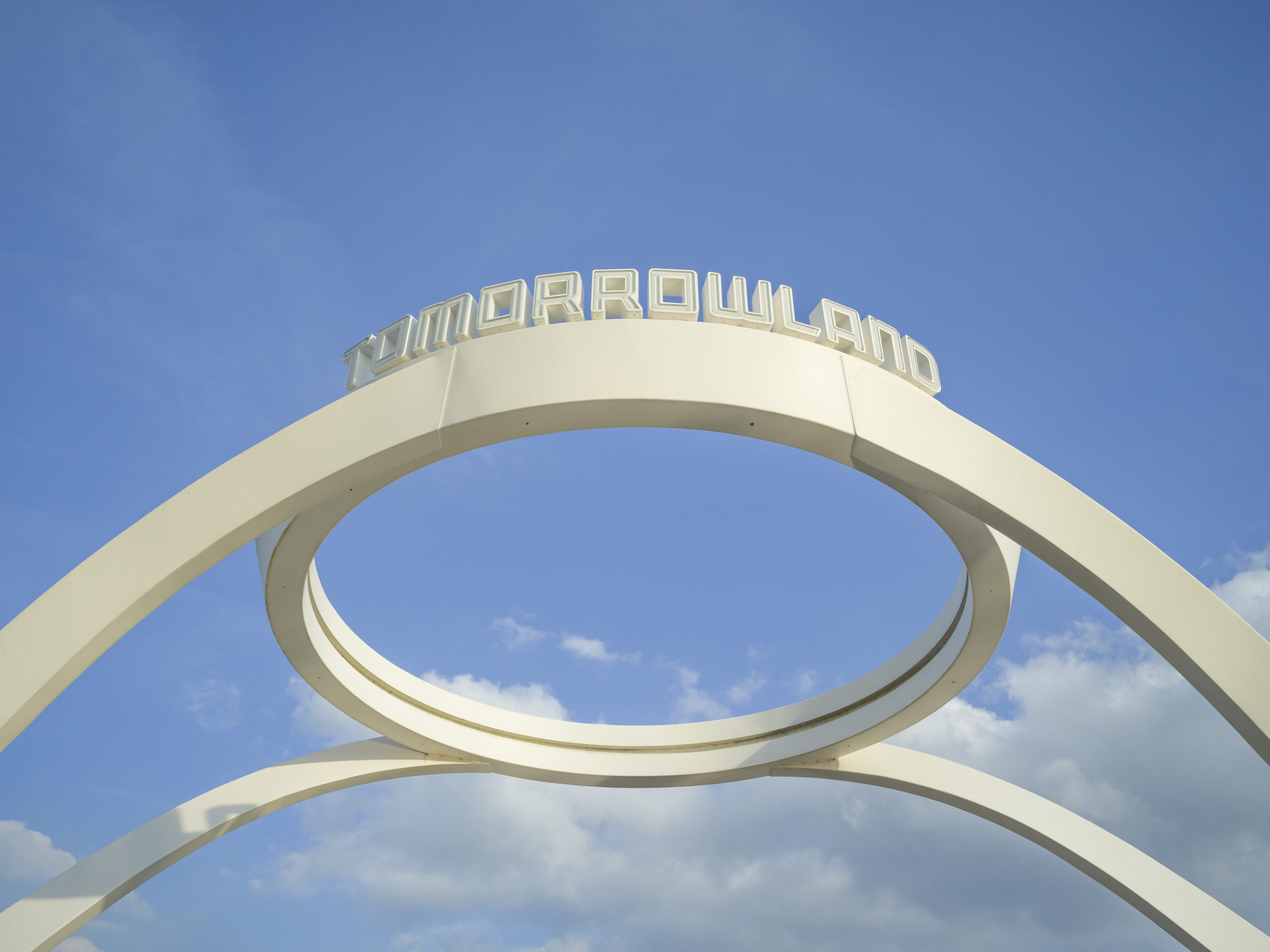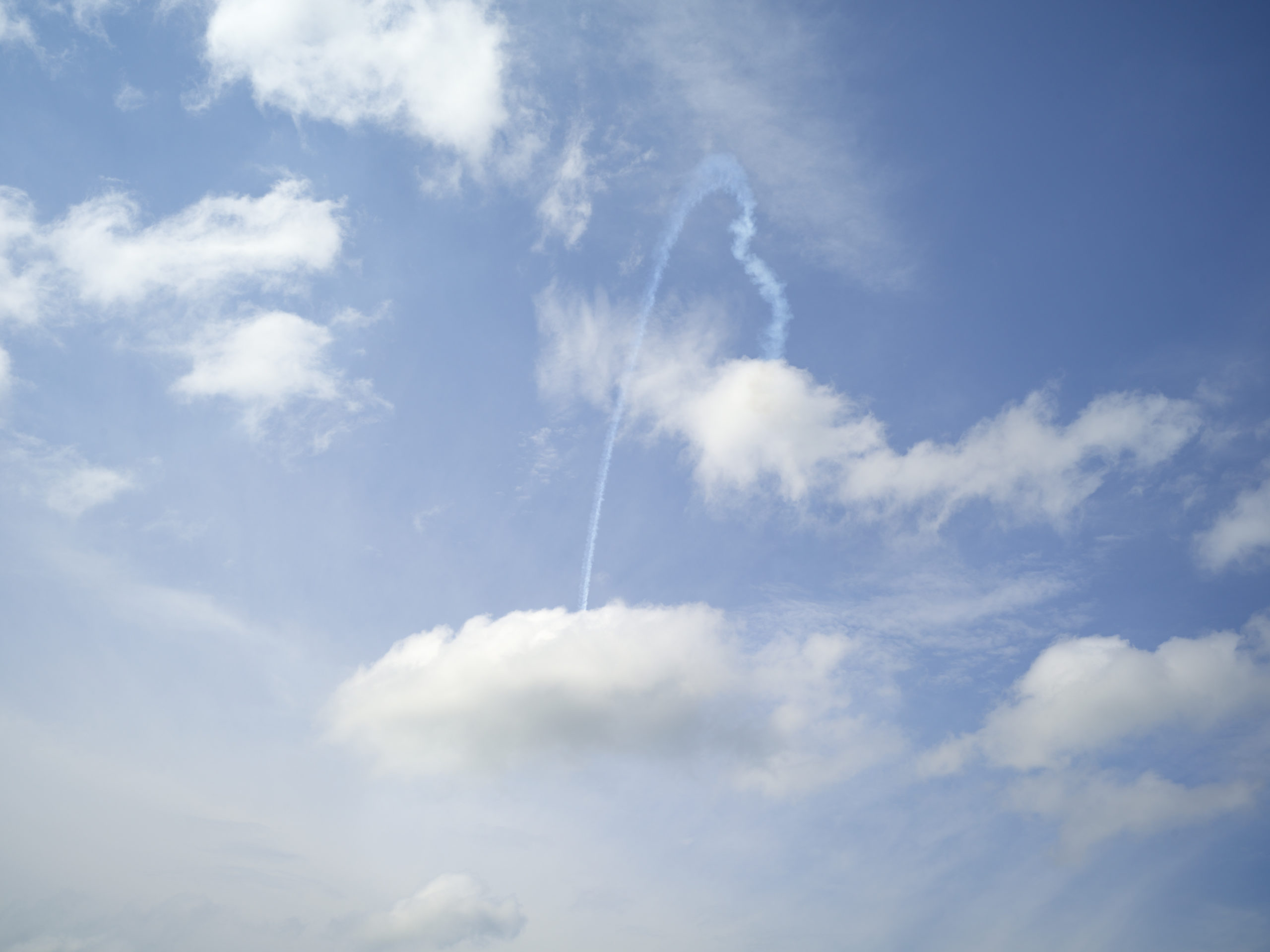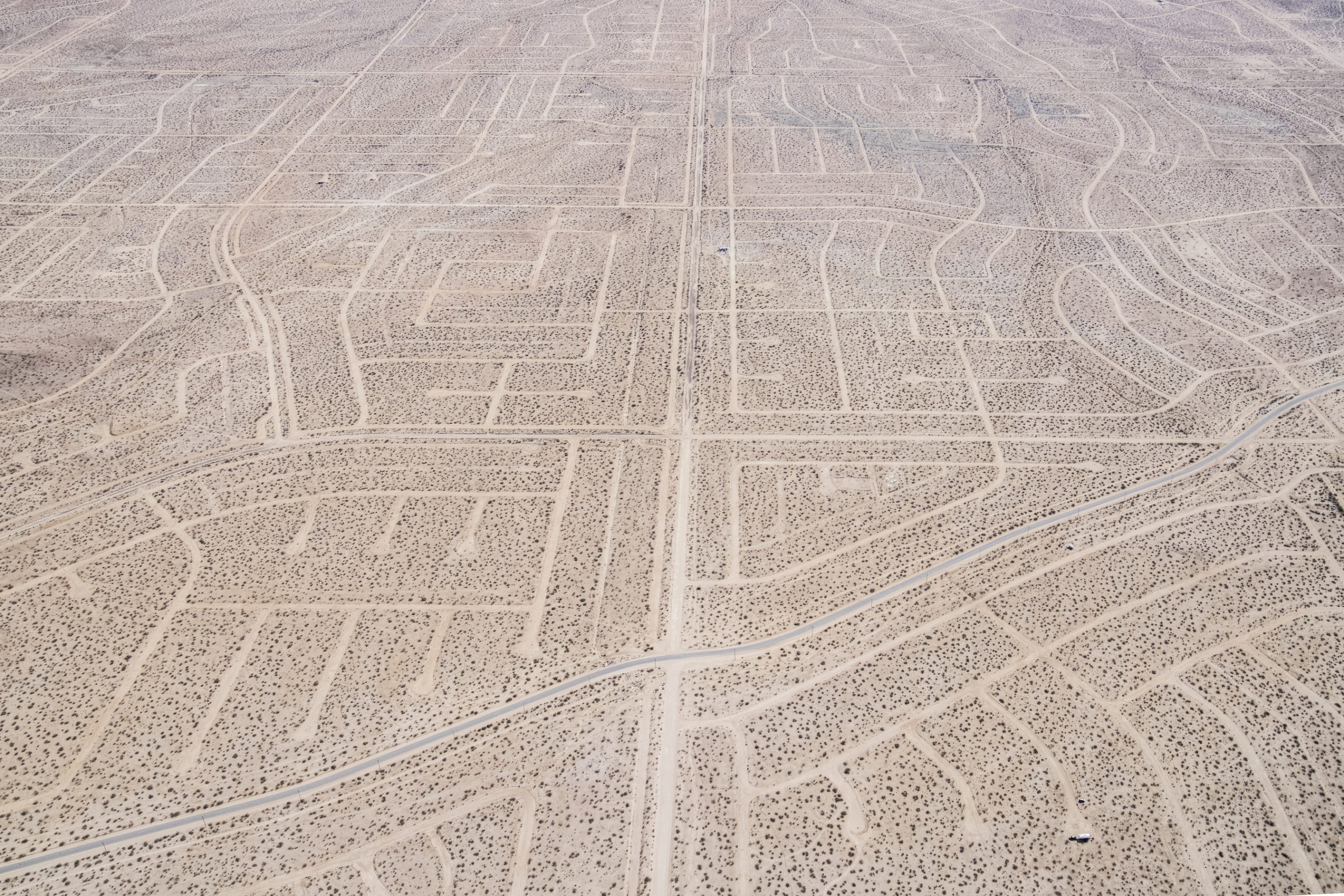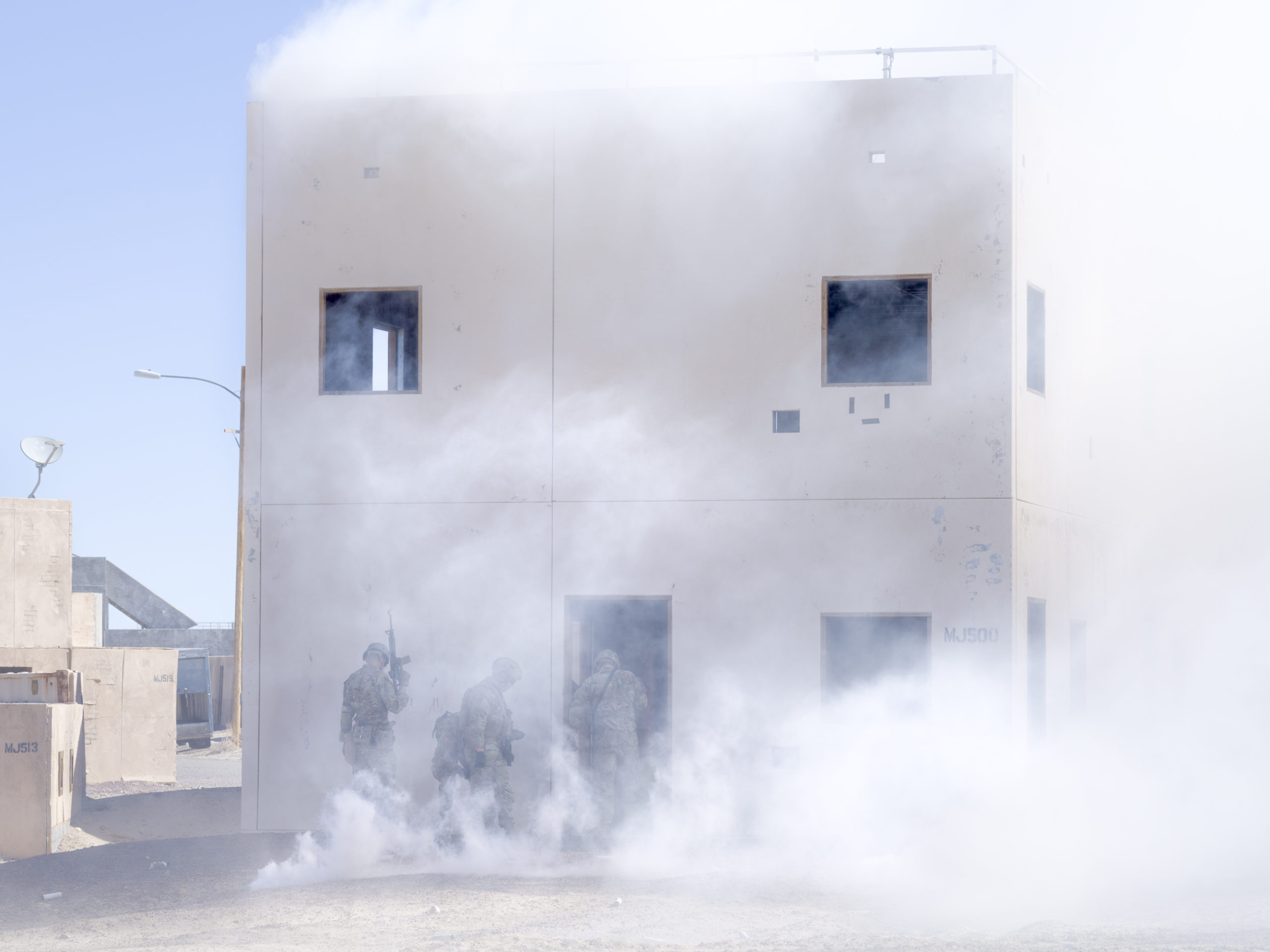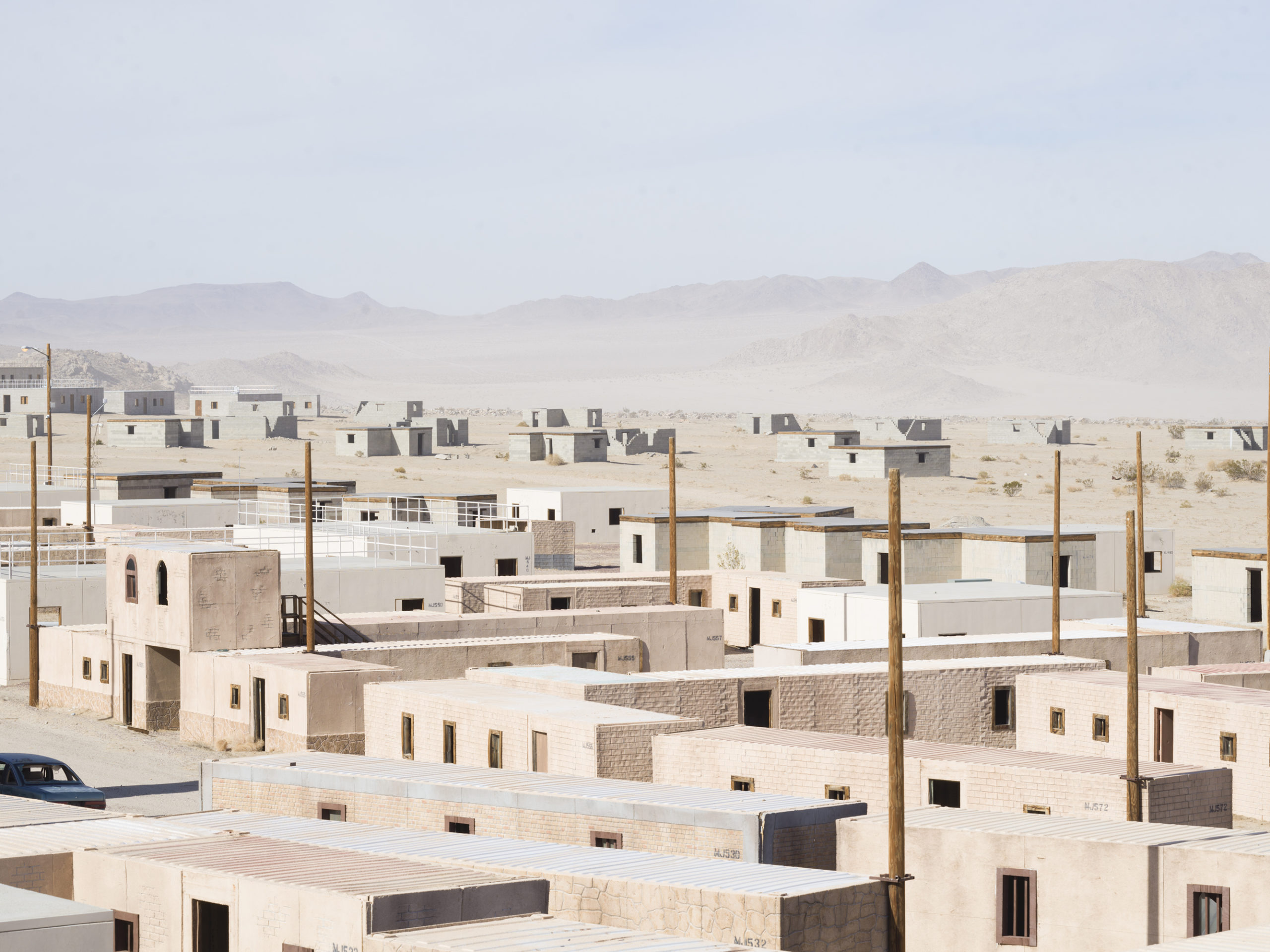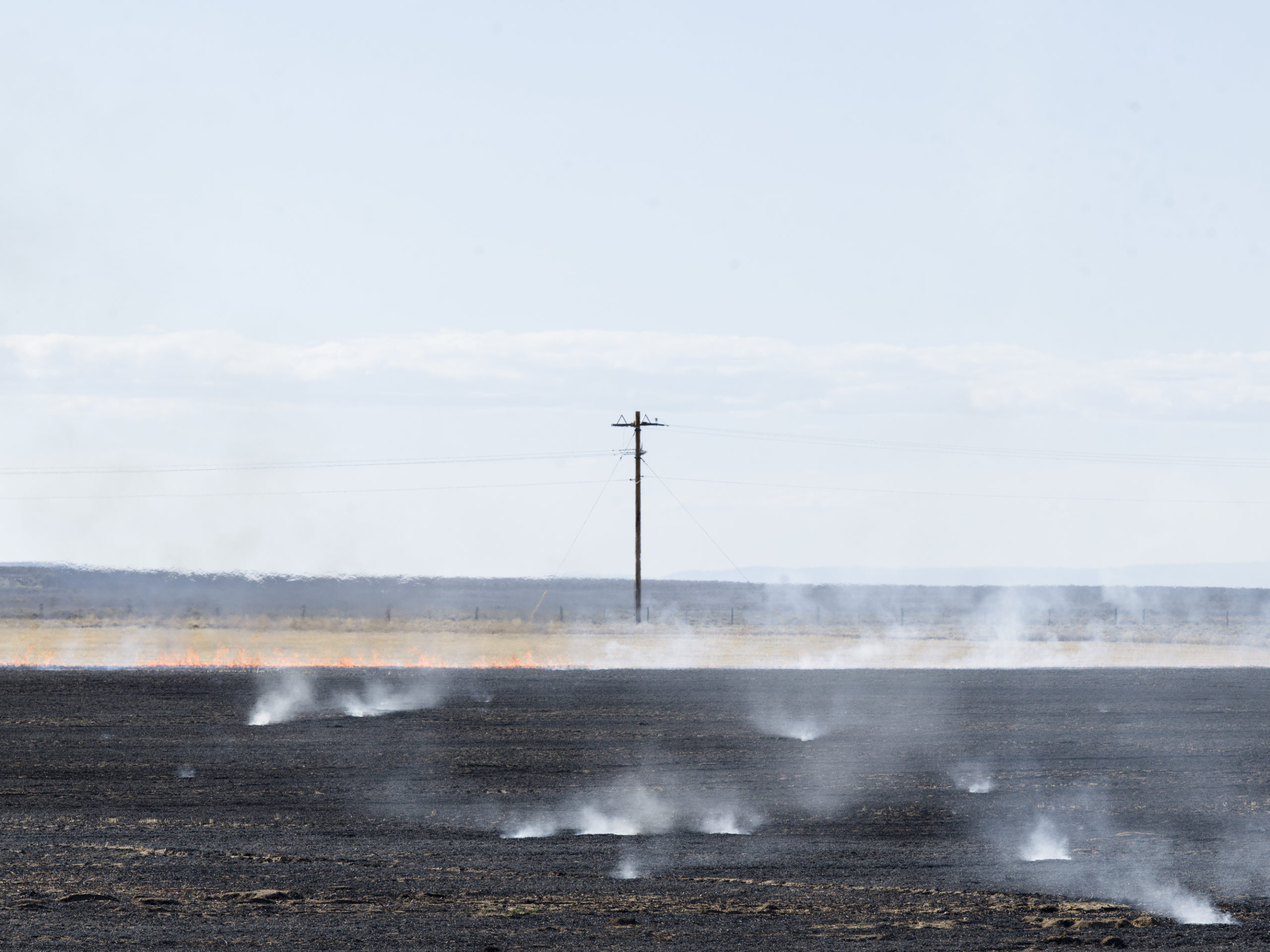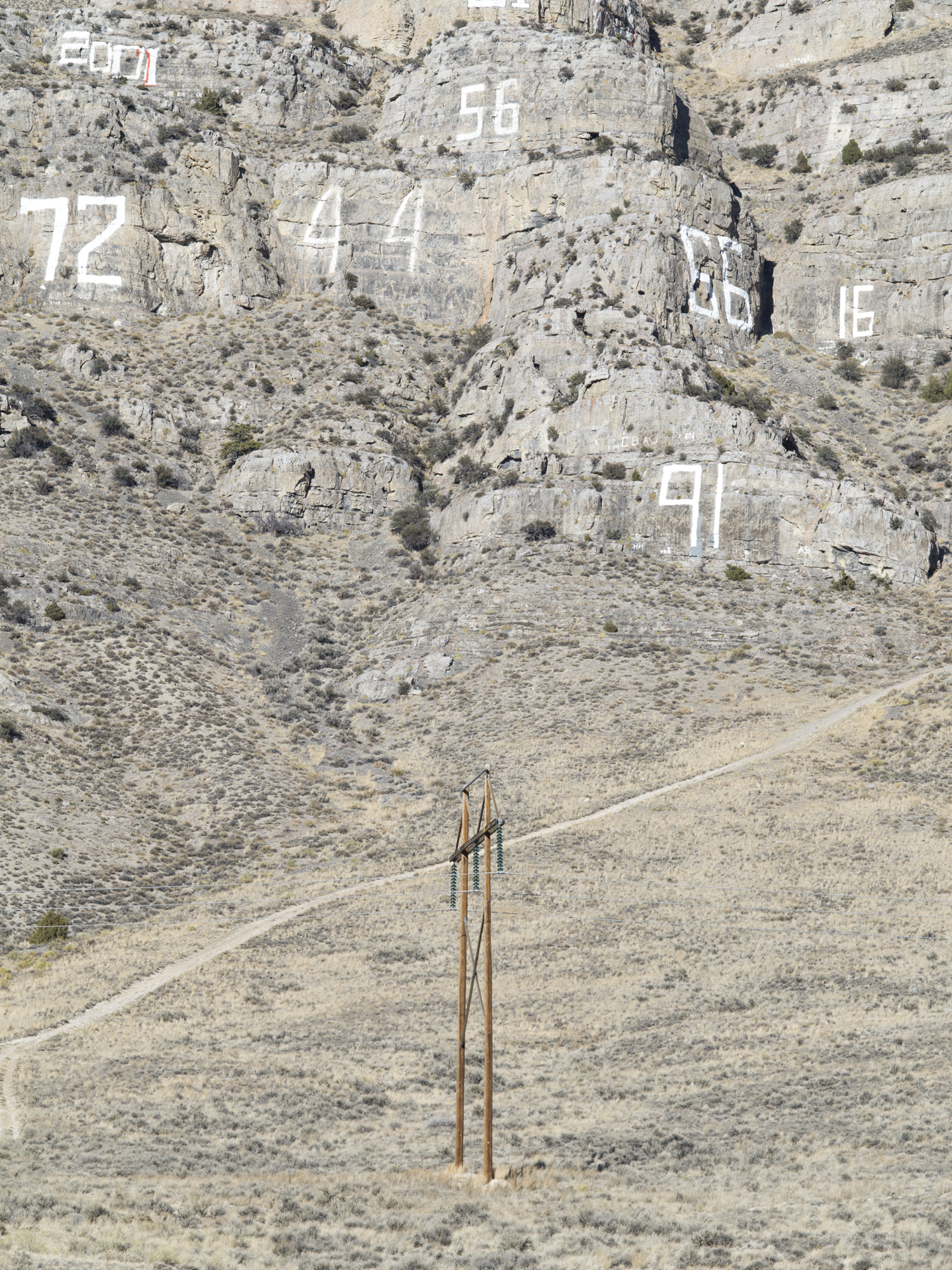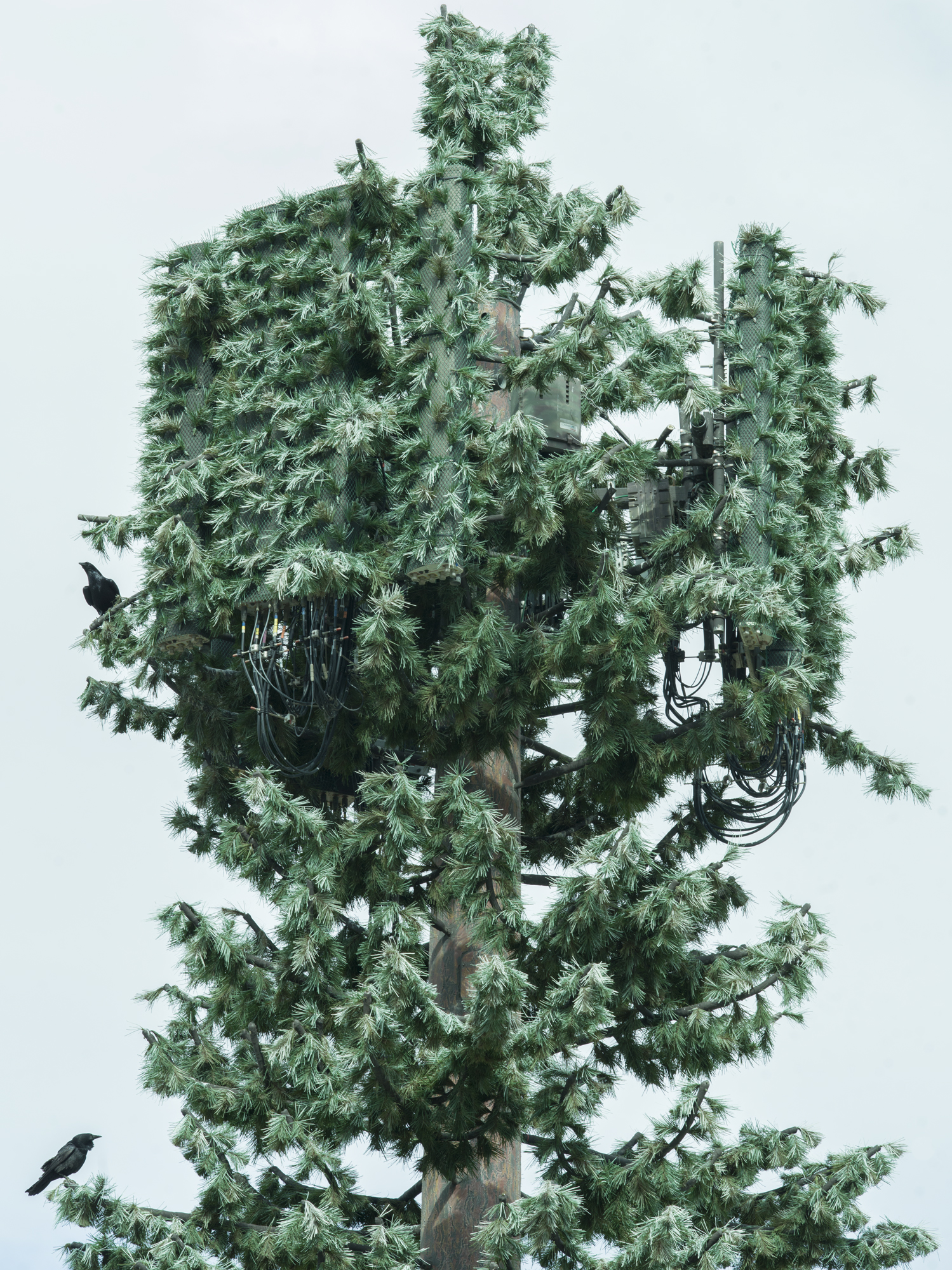Specials
Specials is a virtual space dedicated to writing on photography, showcasing unique content, projects and announcements.
“American Glitch” is a project by Andrea Orejarena and Caleb Stein which will be published by Gnomic Book in 2024 with an introduction by David Campany to coincide with a solo exhibition at PALO Gallery on Bond Street, New York City. Stein was featured three times in our Guest Room curated by Gem Fletcher on the theme “optimism and revolution-making” in 2021.
A Glitch in the American Dream
Jan 26, 2023 - Francesca Hummler
With Web3 and the Metaverse looming on the horizon, how can we resist untangling a constant bombardment of information as fact or conspiracy? Artists as researchers, Andrea Orejarena and Caleb Stein, answer this call in their ongoing project “American Glitch”, which features sites around the United States which remind them or people on the internet of real-life glitches. They scoured Reddit threads, Tweets, declassified C.I.A. documents, and popular movies like David Lynch’s Twin Peaks for inspiration before heading to Google to reverse image search the locations they were interested in photographing.
For them the concept of the glitch serves as a representation of the periphery, revealing mistakes that prove the popular notion that our lives are nothing more than a simulation. Their investigation is also rooted in serious conversations about the role of iconography and draws on the work of theorists like Hito Steyerl and her concept of the “Poor Image”, which explains that a digital file shows its path through the world as its resolution deteriorates with every upload and download on the web. The style of their large format photographs is a conscious choice, commenting on the assumed veracity of photographs presented from a straight front-facing angle as done by Andreas Gursky and The Düsseldorf School. Their medium is their message, taking on the language of truth-telling or evidence-making adds an interesting layer to the much-explored genre of the photographic American road trip.
While neither Orejarena nor Stein completed the rite of passage of the American road trip before beginning this project their decision to focus on locations in the U.S. was not motivated by their bucket list. Both artists moved to the U.S. as children and were struck by the special position America has as the main global producer of cultural representation through Hollywood. Orejarena explained to me that Americans get to tell their own story and “American Glitch” is interested in discovering what people say about themselves “when you have the microphone”. A phenomenon that I find Hollywood has recently reflected in apocalyptic movies like “Nope” and “White Noise”. For me, the images of California included in “American Glitch” particularly resonate with a line from “White Noise” delivered during a conversation between the characters about global warming; “California deserves whatever it gets. Californians invented the concept of life-style. This alone warrants their doom.”
Doom is certainly one feeling that could be conjured in viewers as they survey images of locations like a fake Iraqi village built by the U.S. Army in the middle of the California Mojave Desert. Orejarena and Stein actually witnessed the village populated with Russian actors for training exercises in the face of the Russian invasion of Ukraine. During our interview the couple shared with me that they had no shortage of surreal experiences while documenting glitch locations, including a moment that mirrors the popular fad of manifestation. The two were driving on the highway discussing how perfect a house split directly down the middle like Gordon Matta-Clark’s 1974 “Splitting” would be for their project when they saw a house, split perfectly in half, on the side of the road. Close to the sensation of a hallucination, these moments of glitch mimic how the disjunction between screens and the world around us seems to be vanishing. This blurring of these boundaries brings on an existential crisis the same way an automated paper towel dispenser not recognizing your waving palm does.
As “American Glitch” is naturally a collaborative project, Orejarena and Stein generously invited me to include how I view occurrences of glitch myself. I consider myself a fairly rational person, immune to YouTube rabbit holes, and have personally always been skeptical of things like aliens, ghosts, and parallel realities. However, one thing that I have never doubted is the dangerous glitches caused by governmental control and misinformation. As we witness the unregulated explosion of technology at the expense of human rights I picture a double ouroboros, with the political left and right infinitely swallowing each other’s tails, oblivious to the destruction around their consumption.



